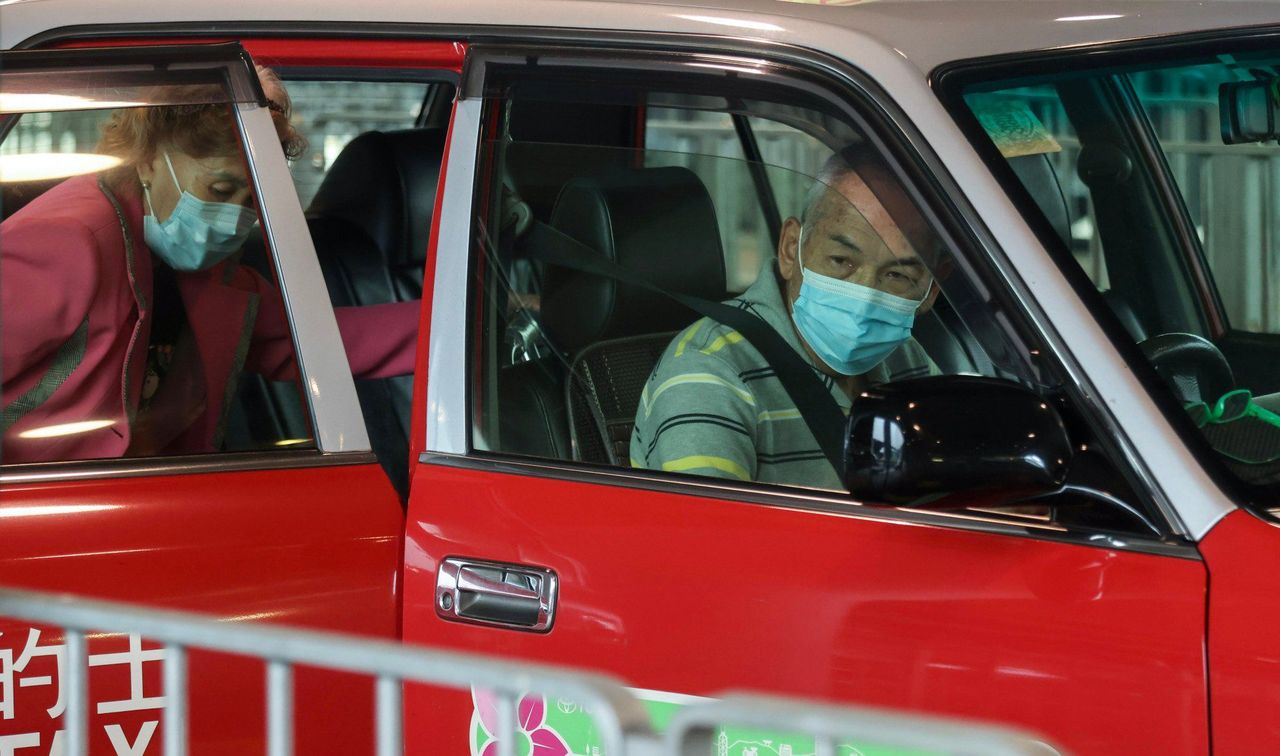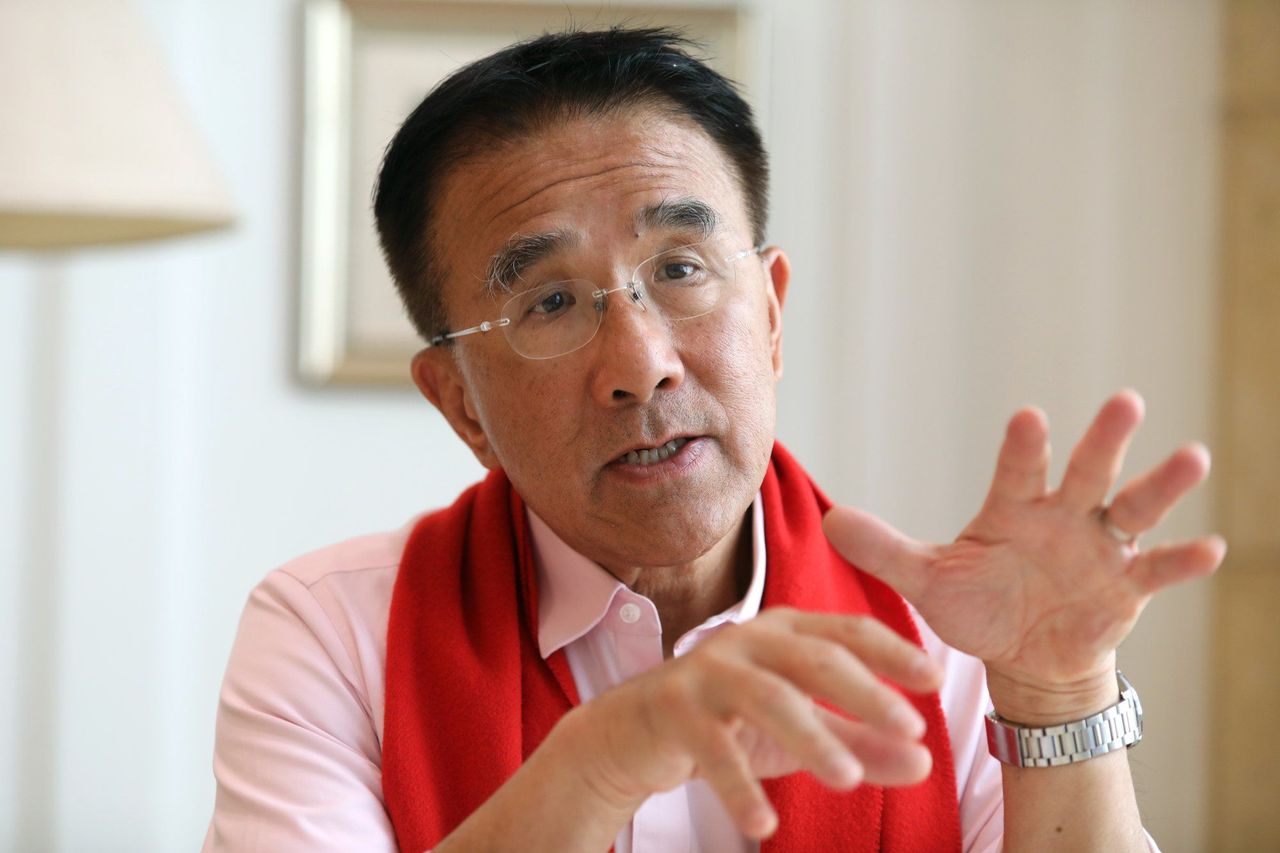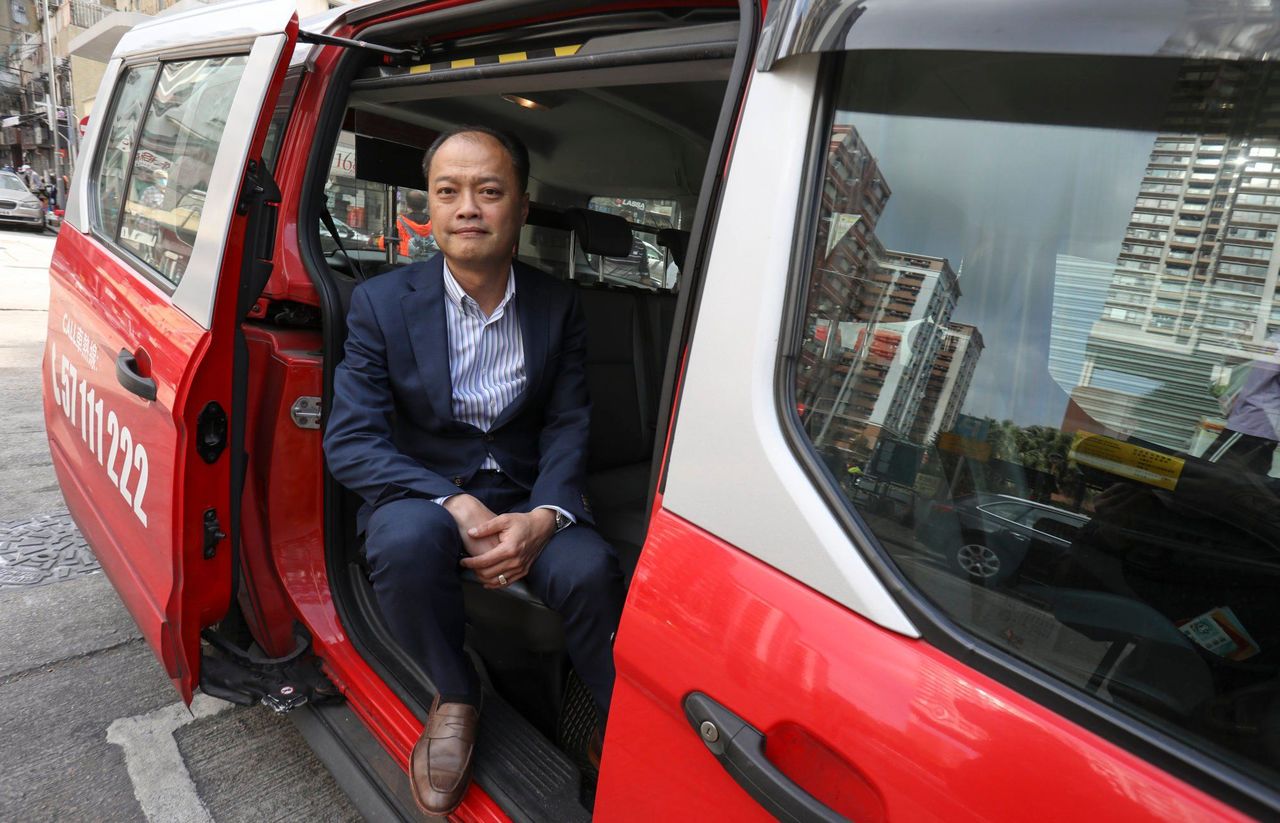Hong Kong News

Hong Kong cabbies want to slam brakes on annual health checks for drivers over 65
Hong Kong transport authorities are believed to be considering stricter health checks for all older drivers, with compulsory annual screening starting when they turn 65, in a move to reduce traffic accidents.
The taxi industry, under fire after a spate of accidents involving cabbies in their 80s, was most concerned about the change and said the authorities should be looking at the severe manpower shortage instead.
Taxi representatives said ride-hailing company Uber was luring away younger drivers, and the authorities should do more to clamp down on the illegal service.
Transport minister Lam Sai-hung on Wednesday said an expert panel set up last June to review rules on physical fitness examinations for older drivers had come up with recommendations to improve the system.
 There is no retirement age for taxi drivers, but those who are 70 or
older must present a medical examination report at least every three
years when applying for a new, reissued or renewed licence.
There is no retirement age for taxi drivers, but those who are 70 or
older must present a medical examination report at least every three
years when applying for a new, reissued or renewed licence.
He said a consultation would be conducted by the middle of this year to seek the views of lawmakers and stakeholders on the feasibility of the recommendations and their impact, and he hoped to have specific implementation details “as soon as practicable”.
There is currently no retirement age for taxi drivers in Hong Kong, but those who are 70 or older must present a medical examination report at least every three years when applying for a new, reissued or renewed licence.
The report, by a registered doctor, covers areas such as the cabby’s eyesight, mental state, skeletal and muscular system, balance and coordination, hearing and other aspects.
All drivers aged 70 or older must produce a health certificate when applying for a new licence or renewing it – either once a year or every three years depending on the type of vehicle licence they hold.
Different transport operators have their own health requirements. Franchised bus firms, for example, require drivers aged 50 or above to have a health check every year.
Lawmaker Michael Tien Puk-sun said he understood that the government would propose lowering the starting age for compulsory health checks from 70 to 65 and require them every year, rather than every three years.
 Lawmaker Michael Tien has said health checks for taxi drivers should be more stringent.
Lawmaker Michael Tien has said health checks for taxi drivers should be more stringent.
“There will be no retirement age set for taxi drivers, but I hope the government can mandatorily reduce their working hours to six hours a day once they reach 75,” he said.
“The health checks should be more stringent. The government should designate testing centres for health checks covering more areas such as eye-and-hand reactions.”
A source familiar with the situation said the authorities were also considering subsidising elderly drivers to undergo more thorough health checks.
A string of accidents earlier this year sparked public concerns over the city’s ageing cabbies and calls for a review of the rules.
In January, an 87-year-old cabby was involved in three accidents within nine days. In March, an 85-year-old cabby drove through a crossing point at a busy street, injuring three pedestrians, including two critically.
An online petition suggested banning cabbies over 65, with some critics saying the current physical fitness requirements had failed to ensure that older drivers were fit for the road.
But there were earlier signs of trouble. Last year, there were 452 traffic incidents involving cabbies aged 70 and above, almost a tenth more than the 416 in 2021.
There were 1,713 drivers aged 80 and above with taxi driving licences in March, almost two-fifths more than the 1,232 in 2018. There were 29,754 licensed cabbies aged between 70 and 79.
In 2020, more than half of Hong Kong’s 203,027 licensed cabbies were over 60. There were 2,320 traffic incidents involving cabbies aged 55 and older that year, almost double the number involving younger drivers.
Chau Kwok-keung, chairman of the Hong Kong Taxi and Public Light Bus Association, said the government was barking up the wrong tree by recommending stricter health checks.
 Chau Kwok-keung, chairman of the Hong Kong Taxi and Public Light Bus Association.
Chau Kwok-keung, chairman of the Hong Kong Taxi and Public Light Bus Association.
The real issue was the taxi industry’s ageing workforce, which he blamed on Uber for “poaching” younger drivers.
“I have no issue with imposing stricter health checks for elderly cabbies but it won’t fix the problem of our ageing workforce. The government should have dedicated its efforts to cracking down on Uber for providing an illegal ride-sharing service,” he said.
Although Uber has been operating in Hong Kong for nine years, its ride-hailing services are not legal without a hire-car permit and the firm has come under unrelenting attack by the taxi industry.
Chau said the authorities should work harder to deal with Uber or help the taxi industry by importing young foreigners to be cabbies.
Cabby Wong Po-keung, 76, chairman of the Hong Kong Taxi Owners’ Association, said a mandatory annual check would be too much of a hassle for elderly drivers.
He preferred the status quo, with health checks every three years, and said older drivers were being targeted unfairly.
“I feel upset that the authorities have wrongly portrayed older drivers as unfit for driving, which is not true at all,” he said. “Road safety hinges largely on the driver’s driving attitude. It has nothing to do with age.”











